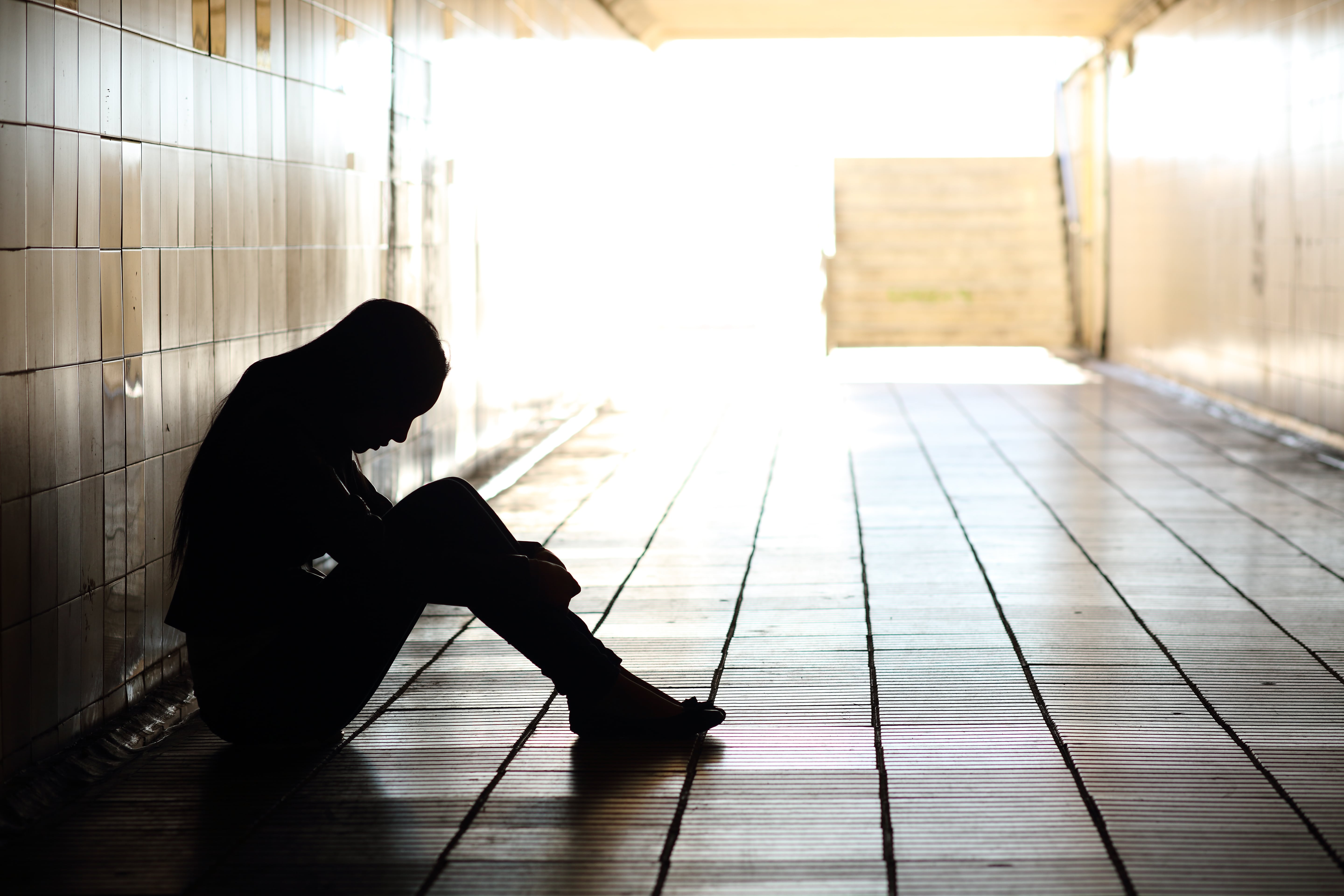A culture of complicit silence
Written by Kelly White
I have worked in the abuse prevention and crisis response fields for over three decades. Recently, I have become intrigued and dismayed by the intransigence of understanding when it comes to the prevalence, outcomes, and acknowledgement of sexual assault and abuse in our society.
Last week, writer Kelly Oxford shared on Twitter her story of the first time she was sexually assaulted. Her bravery, and the response it sparked, provides an opportunity to talk about an ingrained and damaging cultural norm that continues to dismiss the experiences of survivors and elevate the behaviors that victimize too many.
Oxford asked others to “tweet me your first assaults.” NPR reported that “the responses poured in – not by the dozens or the hundreds, but by the thousands.”
Over the span of a day, Oxford said more than a million women responded.
As one follower tweeted:
Age 6 – molested by an older man repeatedly. Forced to sit on his lap while he masturbated against me. #notokay
— Rebecca Arington (@puccinigirlnyc) October 8, 2016
Many said they had never before told anyone about their assault, many chose to remain anonymous fearing exposure, and many reported multiple assaults from different perpetrators.
Oxford talks of “a culture of complicit silence.”
I look at the data and I hear the stories. Too often, they are vastly different. Why do child abuse statistics belie anecdotal evidence that suggests a much higher rate of childhood sexual abuse? Why are reporting, arrests, and prosecutions for all types of sexual assault so vastly different from the prevalence studies? And why aren’t the connections between sexual assault/abuse and other types of violence and victimization adequately documented and addressed?
Perhaps because sexual assault has been so normalized in our culture that people don’t even recognize what occurred was assault. Perhaps the survivors fear being ridiculed or dismissed if and when they speak out.
Perhaps a survivor will be blamed, told it is her fault for having a cocktail, for going to the grocery store alone at night, for wearing those tight jeans or short skirt. Perhaps she knows she will be told she was asking for it.
Can a 5-year-old girl really ask for it because she’s sitting on an uncle’s lap or running around the house in her underpants? Is having your crotch grabbed really an understandable consequence of riding public transportation? Is it really the victim’s fault because she had a drink, wore tight jeans, accepted a dinner date, and all the other myriad rationales that blame the victim when assaulted by someone she knows?
Can a 5-year-old girl really ask for it because she’s sitting on an uncle’s lap or running around the house in her underpants?
The recent firestorm over the open-mic comments of a presidential candidate has served as a jumping off point to talk about a rape culture that leads society to dismiss and even blame survivors of abuse.
That, I have decided, is at the core of much of the intransigence surrounding the problems – the crimes – of sexual assault and abuse. We have all learned to stay silent. It’s uncomfortable. It happens to “someone else.” It’s her fault.
In order to begin to change, we must first shine the light into the dark corners of a culture that too often celebrates conquest and domination. The end of the NPR article describes the beginning of change: “Oxford told her followers that any guilt about these stories belongs to the assailants, not to survivors.”